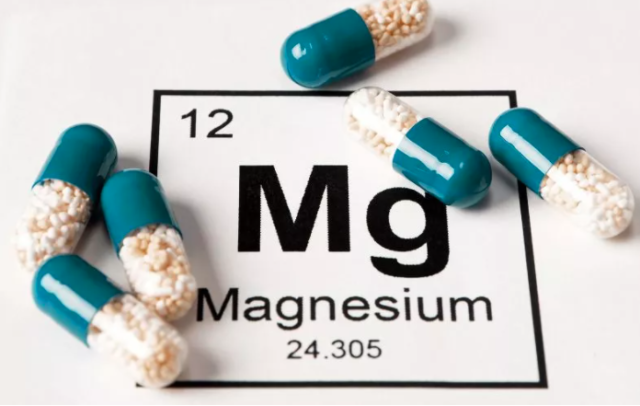How to determine if you have a dangerous magnesium deficiency and what products to fill it with

Magnesium: what is it responsible for in the body
Magnesium is an essential trace mineral that participates in over 300 biochemical reactions.
He is responsible for many processes in the body and its condition in general. Magnesium can affect mood swings, fatigue, nervous tension, anxiety, muscle work, glucose metabolism, and heart rate. The abundance of a natural tranquilizer and anti-stress mineral has a positive effect on energy production, glucose absorption, and calming the body from nervous overexcitation.
With a lack of magnesium, there is constant lethargy and apathy, fatigue, irritability, insomnia, depressed mood, decreased appetite, increased blood glucose, decreased immunity.
Magnesium: which foods contain
On average, the human body needs about 400 mg of magnesium per day. It is easier and safer to get magnesium by taking vitamins and dietary supplements. But this should be done only after consulting an endocrinologist and passing tests, according to the results of which the necessary drug and dosage are selected.
If you have not yet visited a specialist (with which it is better not to delay), you can include in the diet foods rich in magnesium. This will prevent a deficiency of a trace element in the body:
- nuts: cashews, pine nuts, almonds;
- seaweed;
- seeds: sunflower, pumpkin, sesame, linseed;
- cereals: buckwheat, barley, wheat, rye;
- banana;
- leafy greens: sorrel, spinach, arugula;
- avocado;
- dark chocolate;
- legumes: peas, lentils, black beans, chickpeas;
- broccoli;
- tofu;
- fish: mackerel, pollock, sea bass;
- figs.
You can also drink natural magnesium water, use sprays and magnesium bath salts, which help to get the dose of magnesium through the skin, which ensures more efficient delivery of the trace element to the cells of the body.